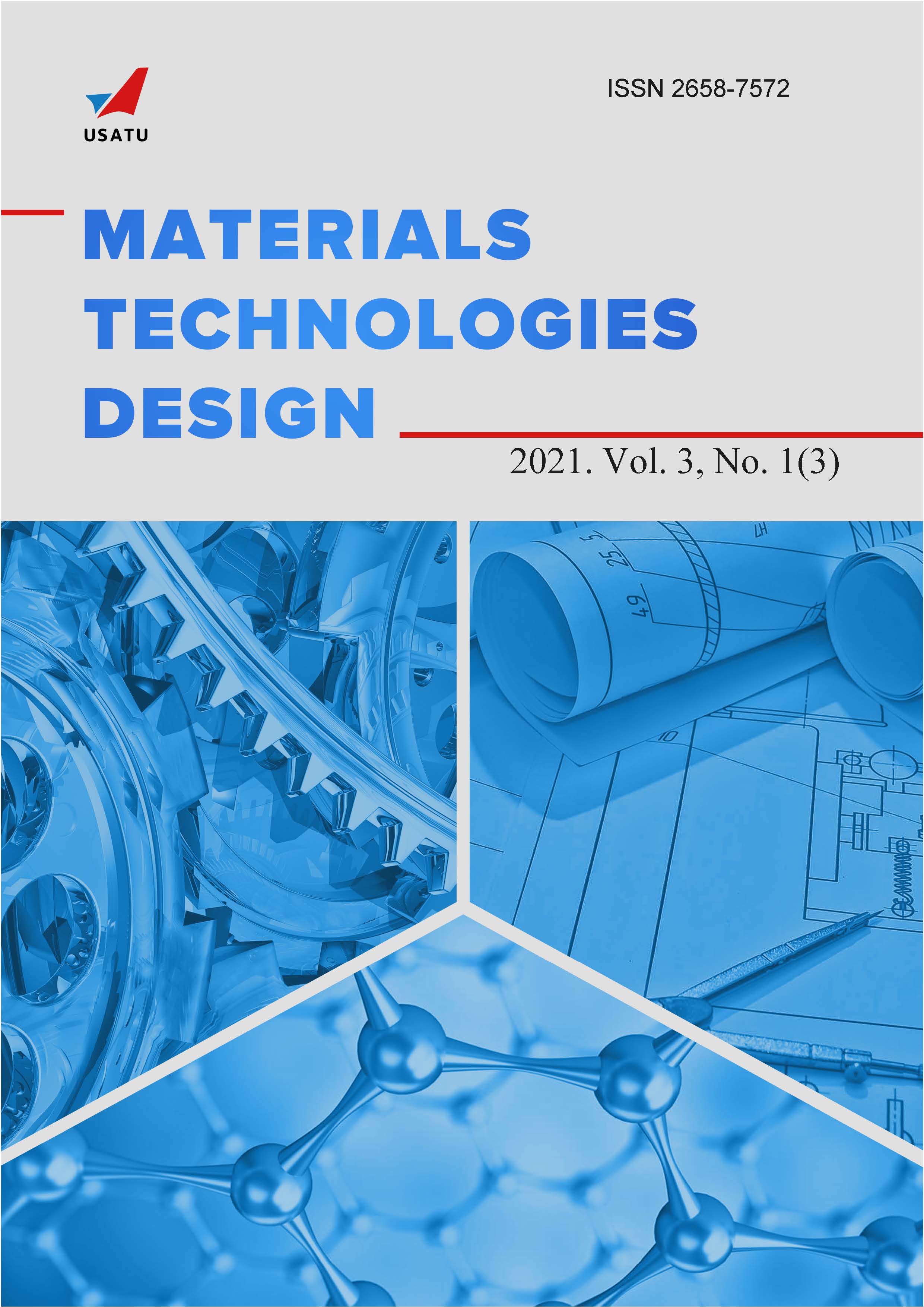Features of the formation of the microstructure of the heat-affected zone during robotic welding of a heterogeneous nickel-based alloy
Keywords:
Superalloys; Inconel 718; robotic MIG welding with transverse vibrations; microstructure of welds; heat-resistant nickel alloys; heat-affected zone microstructureAbstract
This article discusses with the problem of welding a limitedly weldable superalloy EP718 (KhN45MVTYUBR), which are widely used in the aviation industry and power engineering. Domestic and foreign experience of welding this alloy is considered: common types of welding for EP718 and its foreign analogue Inconel 718, parameters of welding regims, ensuring the formation of a defect-free butt double-pass welded joint are given. After a series of welding experiments, X-raygraphics control of welded joints, metallographic and SEM-analysis of microsections were carried out, and the microhardness of the base metal and weld was measured. In the 1st pass of the weld, a mainly disoriented comminuted structure was obtained, in the 2nd pass the structure is more equiaxed, which is most likely caused by an increase in the stiffness of the welded joint after the 1st pass and a large space for free temperature deformation between the welded edges. The microstructure of the near-weld zone was a partially remelted cold-worked layer as a result of milling, the grain size of which was 5–7 times less than the grain size of the base metal and amounted to 5–10 microns. Obtaining such a fine-grained structure when welding in a welded joint increases the resistance of welded joints against the formation of hot cracks during welding.Downloads
Published
2021-19-04
How to Cite
Medvedev А. Ю., Nikiforov Р. В., Galimov В. Р., Murugova О. В., Savichev М. П., & Bolshakov Б. О. (2021). Features of the formation of the microstructure of the heat-affected zone during robotic welding of a heterogeneous nickel-based alloy. Materials. Technologies. Design., 3(1 (3), 40–47. Retrieved from http://journal.ugatu.su/index.php/mtd/article/view/3130
Issue
Section
Articles

